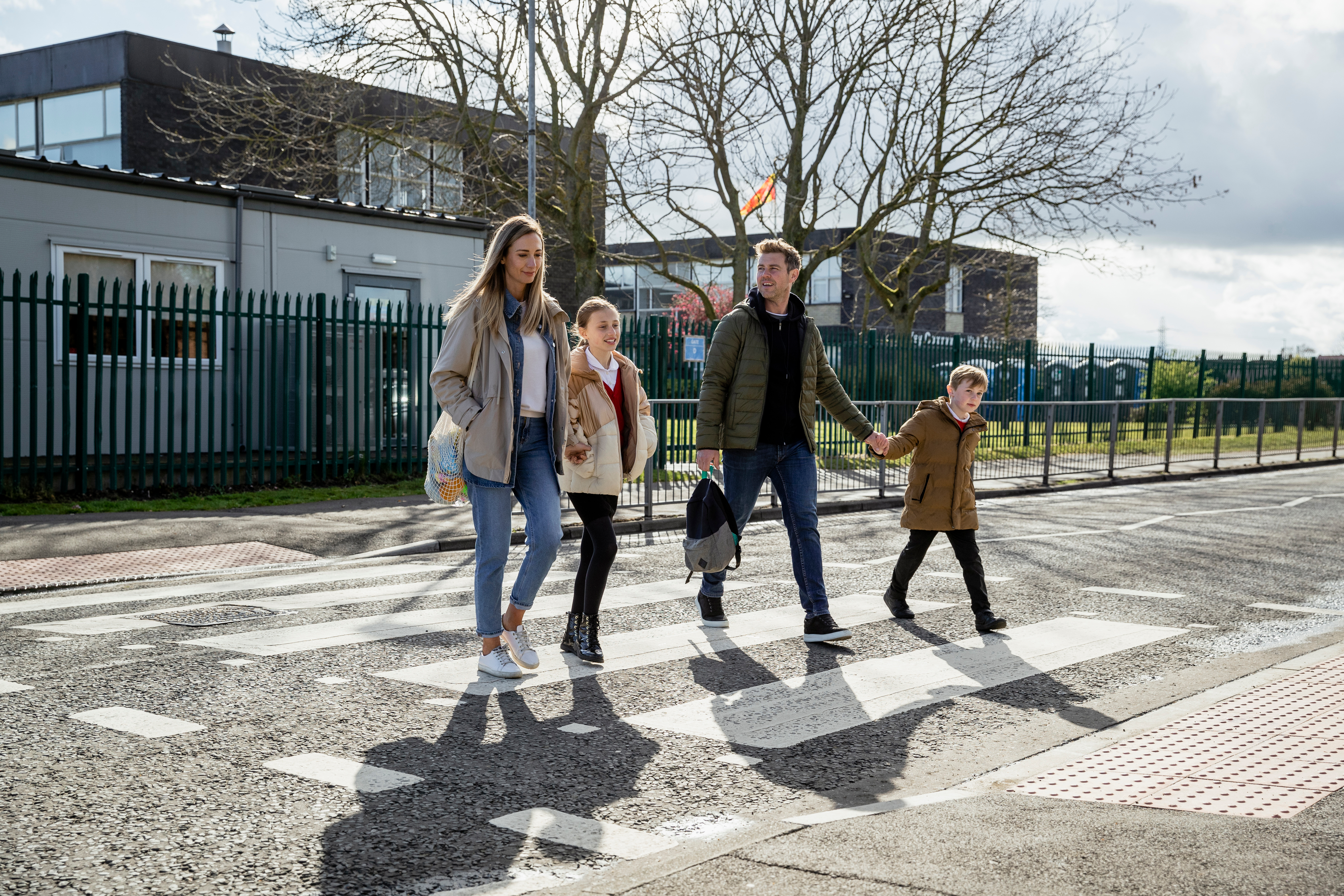
Moving into a new home is a huge life event for anyone. But for children in particular, it can stir up a mix of emotions, both positive and negative. As parents, it’s essential to recognise these emotions and consider how you can make moving less daunting for your little ones.
Let’s take a look at how moving can affect children emotionally, what signs to look out for, and how to make them feel more positive about the big change.
Why moving can be hard for kids
Moving can be a challenging experience for kids because it disrupts their sense of security and familiarity. Leaving behind a home where they've built memories, made friends, and settled into routines can feel overwhelming. The uncertainty of a new environment can also make them feel anxious.
Signs your child might be struggling with the idea of moving
When children are struggling with the idea of moving, their emotions can manifest in different ways. You might notice your child becoming less interested in activities they usually enjoy or more irritable than usual. They may become clingier as they seek reassurance on the move. Additionally, sleeping patterns might be disrupted, and nightmares may become more common.
Preparing your kids for the big move
Preparing your kids for the big move is all about open communication and reassurance. You should talk to them about the move well in advance, explaining why it's happening and what they can expect. Address any concerns they might have, whether it's about leaving friends behind or starting at a new school. By making them feel understood and heard, you can ease their anxiety and help them approach the change with a more positive mindset.
If your child is still feeling negative about the move, don’t be too concerned. According to a study from Zoopla, 77% of kids say they prefer their new home once they’ve moved. *
Involving your children in the moving process
Involving your children in the moving process can help ease their anxiety and give them a sense of control during this big life change. Let them participate in tasks like packing their own belongings or choosing the colour for their new bedroom walls. Framing the move as an exciting adventure where they can make their own decisions can change how they view the experience.
You could even make it fun by letting them decorate moving boxes or creating a moving-day playlist together. The more engaged they feel, the smoother the transition will be for everyone.
Helping your child adjust to their new home
Once you’ve moved into your new home, it’s important to create a sense of familiarity and comfort in the new environment. Giving them some freedom and choice over how they want their room set up can make them feel more involved and in control. Making their first week in the new home fun is also crucial, as making happy memories early on could quickly alleviate any anxiety they may have.
Supporting your child after the move
After the move, it’s important to encourage open conversations where they can express any concerns or negative feelings they may have. Keeping familiar routines in place wherever possible can provide a sense of stability, as it keeps overall change to a minimum. Taking them to local parks or clubs where they can start forming friendships can help them acclimatise. But remember, every child adapts at their own pace.
Contact us today to discover how we could help you with your move
Zoopla*